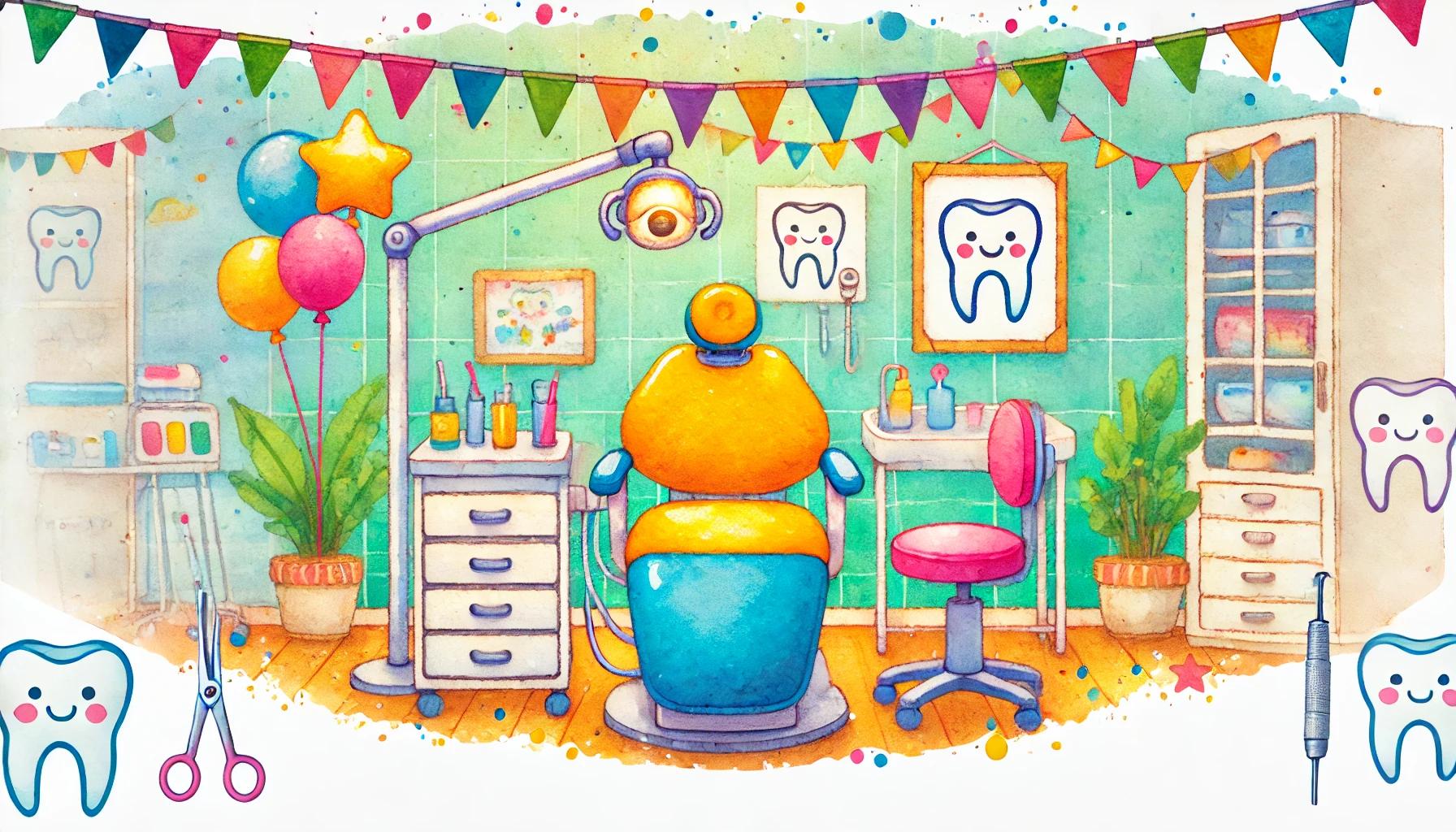
Oral care for your kids
Patrick McGann
DDS
Discover tips for a positive first dental visit for kids, promoting fun and educational experiences at the dentist to instill good oral hygiene habits early.
October 11, 2024
Many of you have likely heard the old adage that the cells in our body are completely replaced every seven years. In reality, some cells are actually faster at turning over and some are slower. For example, the cells in our colon are replaced every three to five days, while muscle cells can take 70 years. It turns out that seven to 10 years is just the average turnover rate of all of our cells.
There are some exceptions, however, such as certain neurons in our central nervous system, which stay with us from birth to death. Your permanent teeth, which typically become fully formed between ages nine and 16, don’t undergo any further fundamental changes for the rest of our lives. Once formed, that’s pretty much it. Unlike other parts of the body, the teeth don’t have much ability to heal themselves once damaged.
As dentists we take the mindset that we expect you to keep your teeth your whole life (this wasn’t always the case). This is a pretty long time, and since your teeth can’t repair themselves, it’s on us to conduct proper and regular maintenance. Instilling this mindset begins at a very young age, which is why we place such an emphasis on proper oral care for kids. Here are some simple tips to help get your kids off on a good start.
Image by gpointstudio on Freepik
First dental visit at age one
Even though their language skills might be pretty limited, the experience of sitting in the dental chair and having someone take a quick and gentle look in the mouth is a great way to start your child off in a positive way. The visit only takes a few minutes, there will be no X-rays, and we try to keep it fun with a ride in the chair and prizes afterwards. Part of the visit involves a conversation with the parents to make sure they know how to help out at home in building good habits.
Brush twice a day for two minutes (2×2)
I’m sure most of you know that this is the recommendation for adults, but we also recommend this for kids. Adults typically have 28 teeth (excluding the wisdom teeth) while kids typically have 20, and their mouths are obviously smaller, so at first blush it might not seem necessary. The reason we recommend 2×2 for kids is because the habits your kids develop in childhood are the ones that carry through to adulthood. Again, the key is to try to make it fun. Play some music for two minutes, or offer a small reward of some kind when they’re done. Ask your dentist then next time you’re in for more tips!
Use a grain-of-rice-sized amount of toothpaste
We recommend using toothpaste with fluoride for kids, but the key is to use the proper amount. Ignore the TV commercials that show an enormous blob of toothpaste covering the entire brush. Adults only need a pea-sized amount, and kids need even less. Part of the reason is they have fewer, smaller teeth, but also because kids aren’t the best spitters. A small amount of the toothpaste that goes in their mouth will invariably be swallowed. A small amount of ingested fluoride is actually helpful while the teeth are still forming, but we want to make sure that toothpaste isn’t viewed as a food or a snack.
In case some of you are wondering “What exactly does fluoride do for my teeth anyhow?” You’re in luck! I wrote a blog post a while back, titled, surprisingly, “What exactly does fluoride do for my teeth anyhow?” You can find it on our website.
Any parent will tell you that getting kids to develop good habits takes time and perseverance. There’s going to be a lot of pushback and complaints. While challenging at times, your dentist will be happy to back you up every time you’re in. To close, I’ll offer one of my favorite quotes from Fred Rogers: “I think of discipline as the continual everyday process of helping a child learn self-discipline.”
– Dr. McGann
